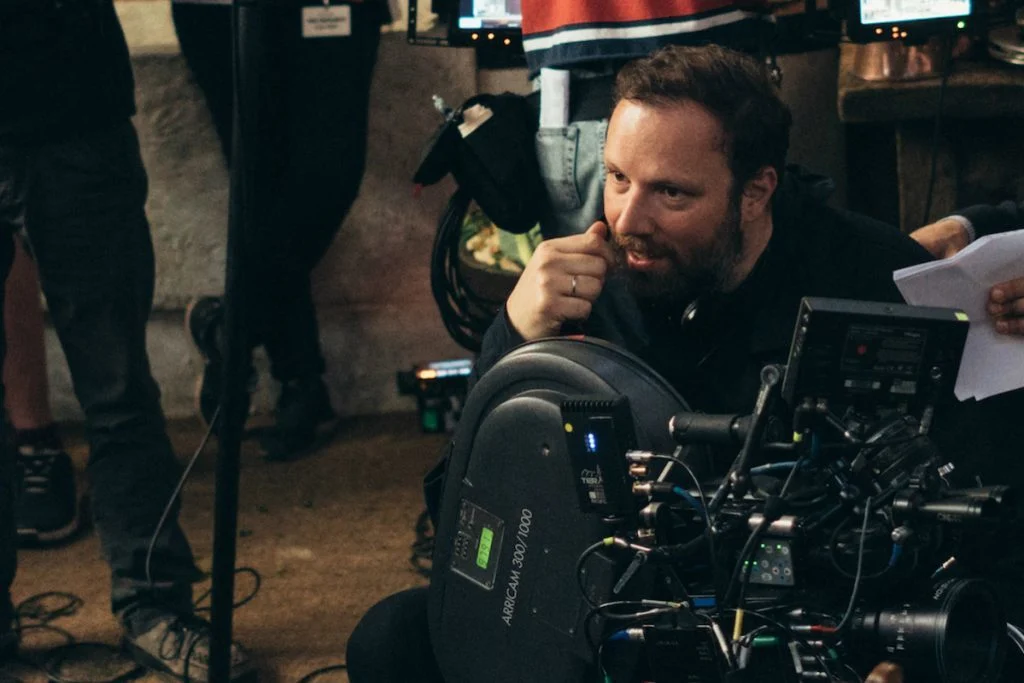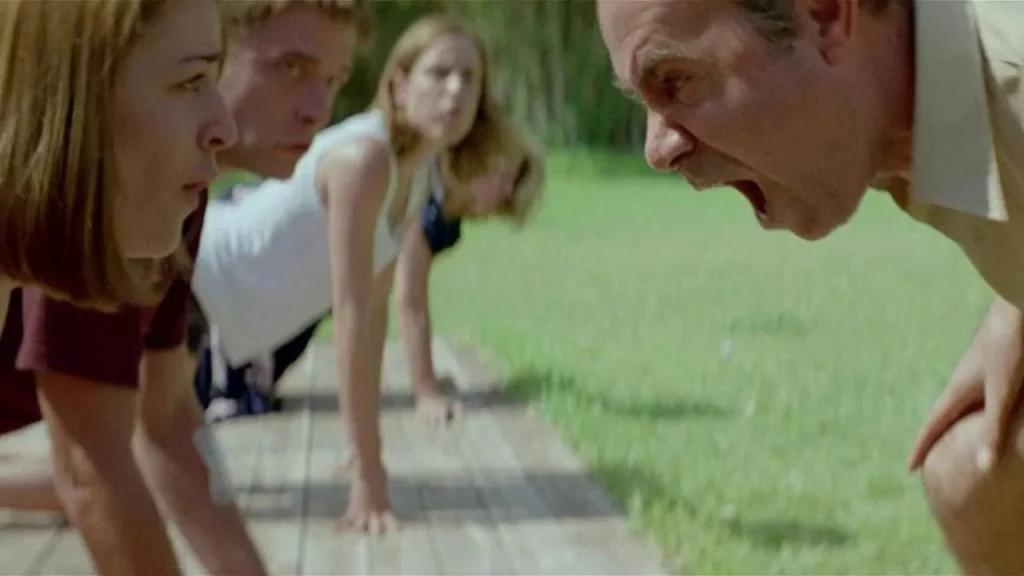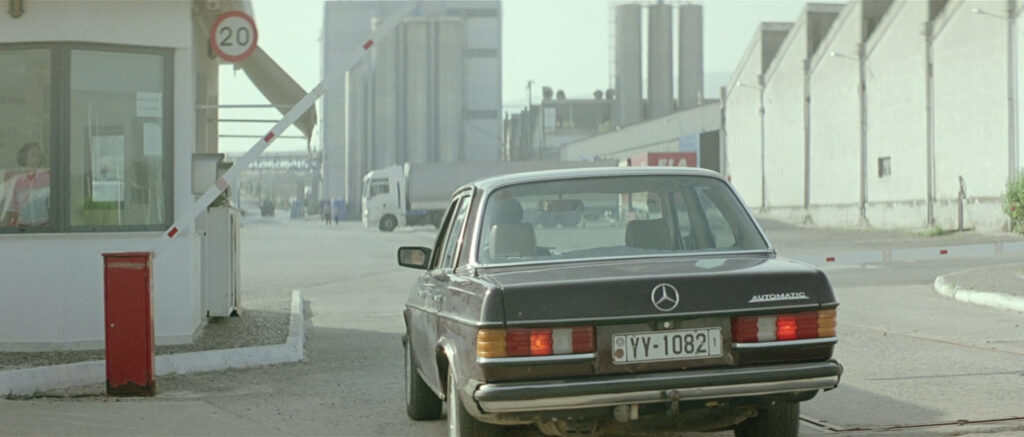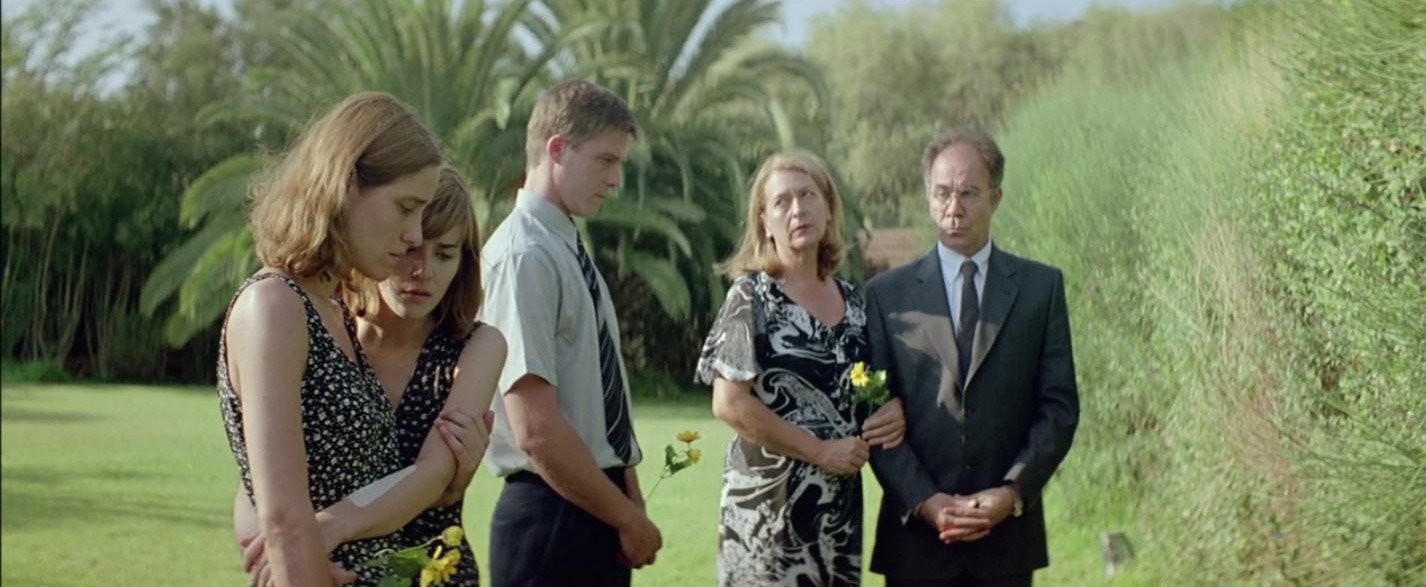By Ermioni Pavlidou,
May is the month dedicated to Cannes Film Festival, and this is the first part of a feature on a very popular and prominent Greek director, Yorgos Lanthimos. He has graduated from Directing for Film and Television at the Hellenic Cinema and Television School Stavrakos (HCTSS) in Athens and his career began during the 1990s when he directed videos for Greek dance-theatre companies, TV commercials, music videos, short films, experimental theatre plays. He was a member of the team which designed the 2004 opening and closing ceremonies of the Summer Olympics in Athens.
Lanthimos is the director of award-winning films like Alps (2011), which won the Osella Award for Best Screenplay at the 68th Venice International Film Festival. The Favourite (2018) won the Grand Jury Prize at the 75th Venice Film Festival. His fifth film, The Lobster (2015), was selected to compete for the Palme d’Or at the 2015 Cannes Film Festival and won the Jury Prize. His third feature film, Dogtooth (2009), about which we will be talking in this part of the feature, won the Un Certain Regard prize at the 2009 Cannes Film Festival and was nominated for Best Foreign Language Film at the 83rd Academy Awards Ceremony.

Dogtooth (“Κυνόδοντας” in Greek) is characterized as a psychological drama and is Lanthimos’s second feature film. In this allegory with absurdist elements, three teenagers are quite literally entrapped in a secluded house somewhere and are raised solely by the peculiar teachings of their parents. They are taught that they will only be ready to face the outside world and leave the house when one of their dog teeth falls out. Warning: spoilers ahead!
The hierarchy system in their house is eerie and arbitrary and the facts they are taught about things are just the same level of disturbing. The Father (Christos Stergioglou) gives them stickers as rewards for what he deems appropriate behavior, and the Mother (Michelle Valley) explains wrongly the meanings of words. The Younger Daughter (Mary Tsoni) asks for the telephone meaning the salt. This could draw parallels between Plato’s allegory of the cave, where the prisoners are evidently the children and one of them is squirmier and more eager to escape.

The film gets progressively more explicit including animal abuse, physical abuse, and incest. The Father hires a female security guard (Anna Kalaitzidou) from his work to tame his son’s (Christos Passalis) sexual drive and she also gets sexually involved with the oldest, most curious daughter (Angeliki Papoulia) in exchange for some tapes featuring films that are not approved by her parents. The Father eventually finds out and beats the Older Daughter with said tapes, as well as the security guard curses her children for “growing up with bad influences”, extenuating the irony that pervades the whole film.
This line highlights the villain quality of the Father, who thinks that what he does to his children is actually — in his twisted logic and contorted perception of reality — right. After a scene with incoherent dialogue, the Older Daughter is later forced to be the son’s sexual partner. This sends her into a spiral and she beats her dogtooth out of her mouth with a weight. She hides in the trunk of the Father’s car, and it is questionable whether she ever escapes from it or not.

What makes the ambiance this movie is trying to convey so clearly is the way it was set up. The performance of every character is in-sync with each other and very robot-like, drained from real emotion; every move of theirs looks scripted according to the parents’ guide. The father who is a dictator thinks inexplicably that he is nurturing his children the correct way in unison with the contrasting quiet, serenity, and the pauses that are constantly present in the film. He reminded me of the professor in Eugène Ionesco’s play The Lesson (1951), because of his concrete exterior hiding dangerous notions and purposes underneath and his disconnection from reality. The ending holds an ambivalence concerning the daughter’s escape and its interpretation could be let up to the perspective, optimistic or pessimistic.
References
- The kids don’t get out of the house much, rogerebert.com, Available here
- Dogtooth review – scalp-pricklingly strange fable of dysfunction and self-harm, theguardian.com, Available here
- «Κυνόδοντας» – Η πολυβραβευμένη ταινία του Γιώργου Λάνθιμου στην ΕΡΤ2 05.07.2020, press.ert.gr, Available here
- Yorgos Lanthimos, wikipedia.org, Available here




